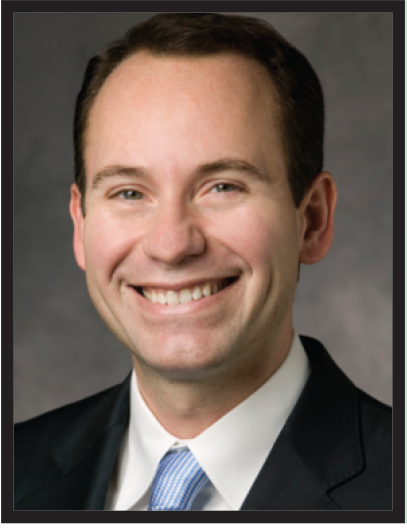Getting Back to Work
 by John M. Morton, MD, MPH, MHA, FACS, FASMBS, ABOM
by John M. Morton, MD, MPH, MHA, FACS, FASMBS, ABOM
Clinical Editor of Bariatric Times; Vice-Chair of Quality and Division Chief of Bariatric and Minimally Invasive Surgery in the Department of Surgery at Yale School of Medicine in New Haven, Connecticut.
Dear Friends and Readers,
As we watch COVID-19 cases plummet and vaccinations surge, I am certain that we can allow ourselves the most common of luxuries: hope. I have hope, belief, and desire that we can now get back to work, namely caring for our patients. As with any great event, there are many lessons to be learned. Here are a few.
Lesson #1: Surgery Matters. We saw the natural experiment of ceasing elective cases in hospitals that were filled with patients with COVID-19. The result of this experiment was that the bottom line of hospitals cratered. Surgery is the straw that stirs the drink of financial health for hospitals. Even more importantly, we are just beginning to see the effect that delaying care can have for patients—advanced disease and attenuated treatment effect. The lesson that “surgery matters” should be carried forward by maintaining the ability to operate in a pandemic through clinical redesign and remote monitoring for patients.
Lesson #2: Work–Life Balance. The pandemic forced us home and allowed us more time with our nuclear family. For families separated by distance and generations, the pandemic cruelly kept us apart. Work had to be conducted remotely. My hope is that have learned to keep our families close and we will sometimes choose the school event instead of the surgery.
Lesson #3: Meetings. With no other choice available, we began to embrace virtual meetings for work, societies, and families. Virtual meetings are undeniably convenient, and a lesson learned is to continue selected work meetings virtually and especially telemedicine. At Yale University, our no show rates have declined significantly. Patient experience is up. We have some gaps—namely physical assessment—but have digital aids to assist with this in future. A clear disappointment have been virtual societal meetings. While attendance has been as high or higher than previous in-person meetings in some circumstances, engagement has been palpably less. Attempts at different gallery formats or chats have had modest benefit. Broadband does fail, and pre-recording talks rob the audience of spontaneity or sense of emphasis. Meetings are often the chance encounter that results in a cup of coffee or walk where free-flowing conversation leads to new ideas or partnerships. A step forward will be the live International Federation for the Surgery of Obesity and Metabolic Disorders (IFSO) conference in October 2021 in Miami, Florida.
Lesson #4: Science. The COVID-19 vaccine story is truly remarkable for its speed and effectiveness and underscores the incredible value that science brings society. Much of medicine, particularly academic medicine, has had appropriate focus on demographics, social conditions and attitudes, and finances. This is seen in program prioritization and publications. I hope that we will start to have more focus on how we can further gain insight and treatment of disease. Research was halted and slowed, and we need to focus on the basics—are there new treatments? Does this work? How does it work? Who does it help? The blocking and tackling and infrastructure of medicine would benefit from getting back to work on the science of medicine.
Sincerely,
John M. Morton, MD, MPH, MHA, FACS, FASMBS, ABOM
Category: Editorial Message, Past Articles




